Intro
Understand Renal Failure Stages, including acute kidney injury, chronic kidney disease, and end-stage renal disease, to manage kidney health and prevent kidney damage through timely diagnosis and treatment.
The kidneys play a vital role in maintaining the overall health of the body. They are responsible for filtering waste products, excess water, and other impurities from the blood. However, when the kidneys are damaged or diseased, they can no longer perform their functions properly, leading to a condition known as renal failure. Renal failure can progress through various stages, each with its unique set of symptoms, treatment options, and outcomes. Understanding the different stages of renal failure is crucial for patients, caregivers, and healthcare professionals to provide appropriate care and management.
Renal failure can be acute or chronic, with the latter being a gradual process that occurs over months or years. Chronic renal failure, also known as chronic kidney disease (CKD), is a progressive condition that can lead to end-stage renal disease (ESRD) if left untreated or poorly managed. The progression of CKD is characterized by a decline in kidney function, which can be measured by the glomerular filtration rate (GFR). The GFR is a critical indicator of kidney function, and it is used to determine the stage of renal failure.
The diagnosis and management of renal failure require a comprehensive approach that involves lifestyle modifications, medical interventions, and, in some cases, surgical procedures. Patients with renal failure must work closely with their healthcare providers to develop a personalized treatment plan that addresses their unique needs and health status. This collaborative approach can help slow the progression of the disease, manage symptoms, and improve the overall quality of life.
Introduction to Renal Failure Stages
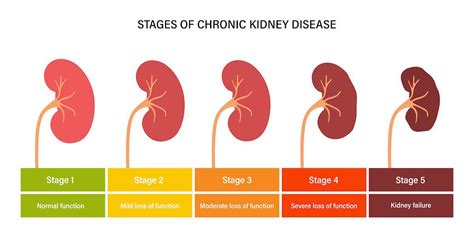
Stage 1: Normal Kidney Function
In stage 1, the kidneys are functioning normally, and the GFR is greater than 90 mL/min/1.73 m². At this stage, patients may not exhibit any symptoms of renal failure, and their kidney function is considered normal. However, patients with stage 1 renal failure may still be at risk of developing kidney disease due to underlying medical conditions, such as diabetes or hypertension.Stage 2: Mild Kidney Damage
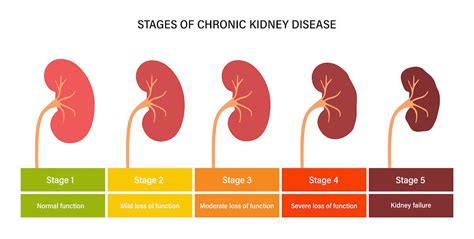
Stage 3: Moderate Kidney Damage
Stage 3 renal failure is characterized by a GFR between 30-59 mL/min/1.73 m². At this stage, patients may experience more pronounced symptoms of renal failure, such as anemia, bone disease, and electrolyte imbalances. Stage 3 renal failure requires more aggressive management, including medication therapy, dietary changes, and regular monitoring of kidney function.Stage 4: Severe Kidney Damage
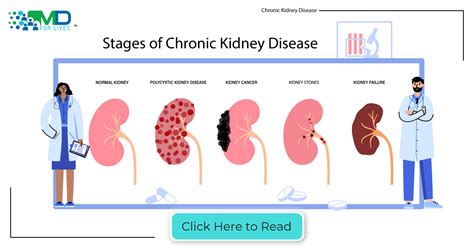
Stage 5: End-Stage Renal Disease
Stage 5 renal failure, also known as end-stage renal disease (ESRD), is the final stage of kidney disease. At this stage, the kidneys are no longer functioning, and the GFR is less than 15 mL/min/1.73 m². Patients with ESRD require renal replacement therapy, such as dialysis or kidney transplantation, to survive.Treatment Options for Renal Failure
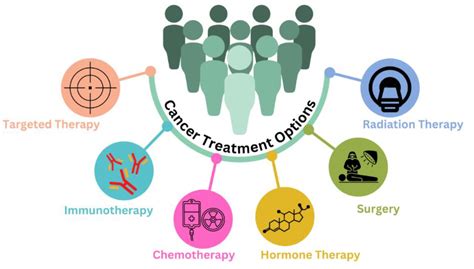
Lifestyle Modifications
Lifestyle modifications, such as dietary changes, exercise, and stress management, can help manage renal failure. Patients with renal failure should follow a renal-friendly diet that is low in protein, salt, and phosphorus. Regular exercise, such as walking or swimming, can help improve cardiovascular health and reduce the risk of complications. Stress management techniques, such as meditation or yoga, can help reduce stress and improve overall well-being.Medical Interventions
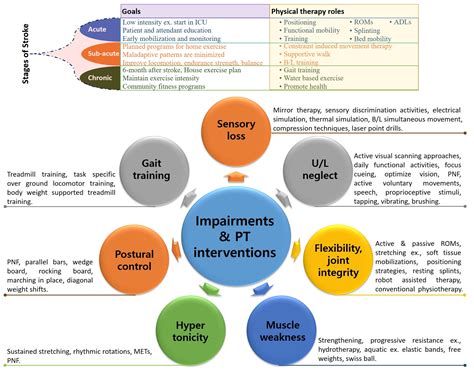
Kidney Transplantation
Kidney transplantation is a surgical procedure that involves replacing a diseased kidney with a healthy one from a donor. Kidney transplantation is a treatment option for patients with ESRD and can improve patient outcomes and quality of life. However, kidney transplantation requires a comprehensive evaluation and preparation, including immunosuppressive therapy and regular monitoring.Conclusion and Future Directions
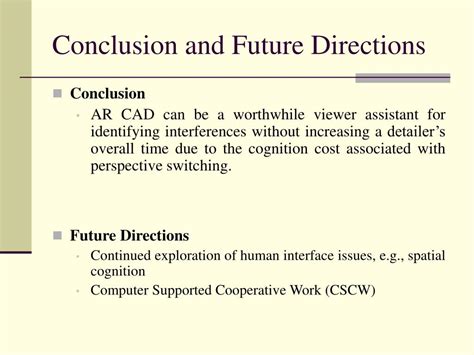
We invite you to share your thoughts and experiences with renal failure in the comments section below. Your feedback and insights can help others better understand this complex condition and develop effective treatment plans.
What are the symptoms of renal failure?
+The symptoms of renal failure can vary depending on the stage and severity of the disease. Common symptoms include fatigue, swelling, changes in urination patterns, and electrolyte imbalances.
How is renal failure diagnosed?
+Renal failure is diagnosed using a combination of physical examination, medical history, laboratory tests, and imaging studies. The glomerular filtration rate (GFR) is a critical indicator of kidney function and is used to determine the stage of renal failure.
What are the treatment options for renal failure?
+The treatment options for renal failure depend on the stage and severity of the disease. Lifestyle modifications, medical interventions, and kidney transplantation are treatment options for renal failure, and the goal of treatment is to manage symptoms, slow the progression of the disease, and improve patient outcomes.
